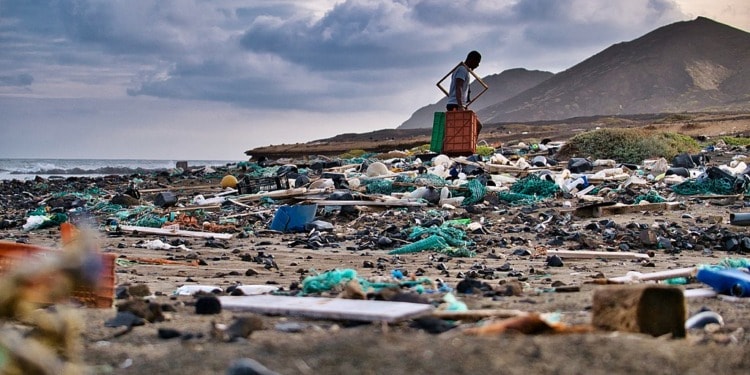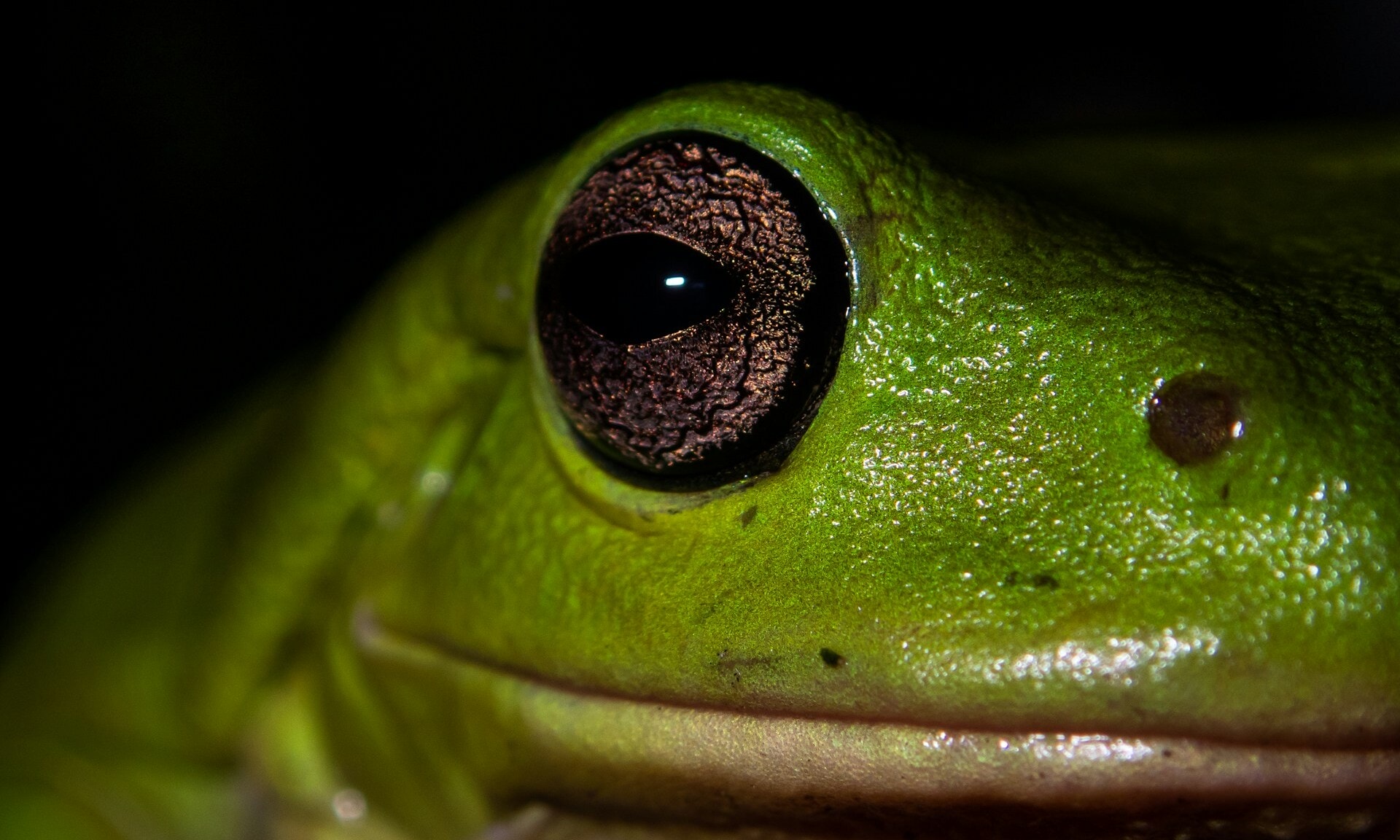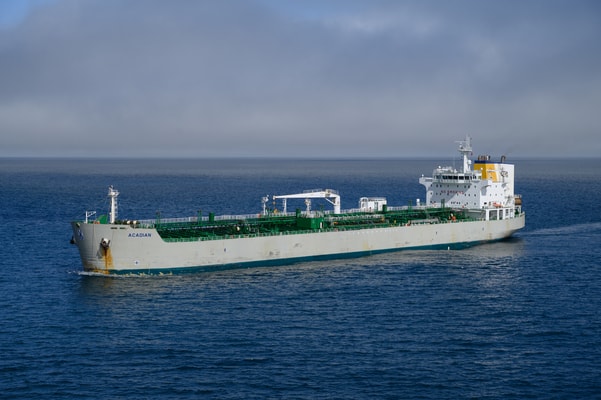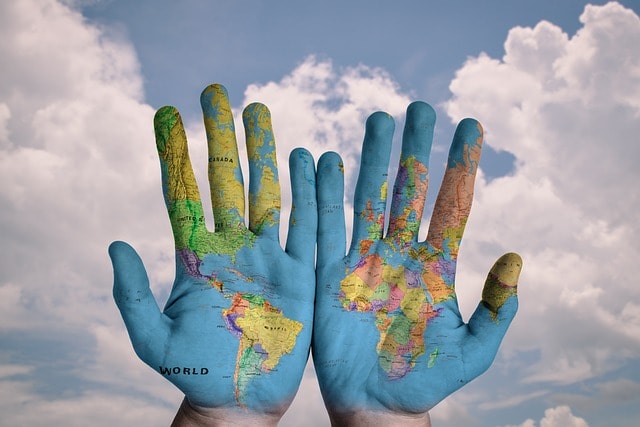This year’s World Environment Day is focusing on solutions to the pressing issue of plastic pollution. Over 150 countries are expected to engage in both online and in-person activities.
Plastic pollution is preventable.
On #WorldEnvironmentDay, this new Practical Guide shows how everyone can contribute to the solutions to #BeatPlasticPollution.https://t.co/9JzBopXETf
— UN Environment Programme (@UNEP) June 5, 2023
Plastic pollution has never been more serious — in March, scientists estimated that there are over 171 trillion plastic particles in the oceans alone, weighing around 2.3 million tonnes.
According to the UN Environment Program (UNEP), over 430 million tonnes of plastic is produced each year by humanity; two thirds of this are single-use or otherwise have a very short life span. These products cannot biodegrade, instead they break down into microplastics and nanoplastics.
Plastic particles have been discovered in human organs, such as the lungs and kidneys, as well as bodily fluids like blood, stool and breastmilk. The placentas feeding babies in the womb have also been found to contain microplastics. They have also been discovered in the food we eat, the water we drink, both bottled and tap, and in the air we breathe.
The UNEP’s recent report on the need for a solution to plastics estimated the total social and economic costs of plastic pollution at between $300 to $600 billion annually. The report also found that by reinventing how we produce, use, recover and dispose of plastics, we could save money — $4.5 trillion by 2040.
Related articles: Plastic Recycling: Ditch it or Improve it?, Massive Pacific Ocean Garbage Patch: Can It Be Contained?, Seven Out of 10 People Want Binding Global Rules to End Plastic Pollution, Survey Finds, Integrating Circularity Into Plastic Waste Management – a Win-Win?
The issue of plastic pollution is only compounded by the shocking statistics on recycling. According to a report by the Organisation for Economic Co-operation and Development (OECD), only 9% of global plastics is recycled each year and 22% is “mismanaged.” This means that most does not get collected or processed and is instead polluting the environment.
Inger Anderson, Executive Director of the UNEP, said in a video message: “Recycling is not the sole solution, nor the magic bullet… We must redesign products and packaging to use less plastic. We must reuse, recycle, reorient and diversify our systems. This is how we keep plastic out of the ecosystems and in the economy. Everyone must play their part.”
Plastic Pollution Treaty talks: How are things going?
In the week leading up to World Environment Day, around 170 countries met in Paris and agreed to develop a draft treaty on global plastics before the 2023 UN Climate Change Conference, COP28, which will take place in Dubai from November 30 to December 12.
The meting in Paris was the second since March 2, 2022, when UN Member States committed to developing a global, legally binding Plastic Pollution Treaty, the first of its kind.
Attendees in Paris debated the best way to mitigate plastic pollution. Some countries wanted to completely limit the amount of plastic produced whilst the petrochemical industry argued for recycling as the best way forward.
A coalition of 55 attending countries called for strong restrictions on specific hazardous chemicals as well as for a ban on types of plastic that are hard to recycle and end up polluting the environment.
The UNEP, host of the Paris talks, released a blueprint report for cutting plastic waste by 80% by 2040. Outlining the need for three key shifts: “reuse, recycle, and reorient and diversify,” the report was criticised by environmental groups for focusing on problematic methods of waste management rather than holding the plastic and petrochemical industries accountable.
Despite the rocky nature of the negotiations, the attending countries ultimately agreed to produce a “zero draft,” an initial agreement, before COP28 in November that can be built on to produce a final, legally binding treaty.
“After a week of negotiations, the world is one step closer to the unmissable opportunity of a global treaty to end the plastic pollution crisis,” WWF Special Envoy (and former Director-General) Marco Lambertini said after the Paris talks. “The first draft of the treaty that will now be developed must reflect the ambition shown by the vast majority of countries here in Paris, and include the global bans and control measures that are needed to reduce and eliminate production and consumption of unnecessary and harmful plastic products and materials and turn the tide on plastic pollution.”
“Ahead of the next round of negotiations, governments must continue in the spirit and determination shown here this week and work together to realise the ambitious world-changing treaty needed to halt plastic pollution,” Lambertini added.
Editor’s Note: The opinions expressed here by the authors are their own, not those of Impakter.com — In the Featured Photo: Plastic pollution on a beach in Cape Verde . Featured Photo Credit: Wikimedia Commons.







